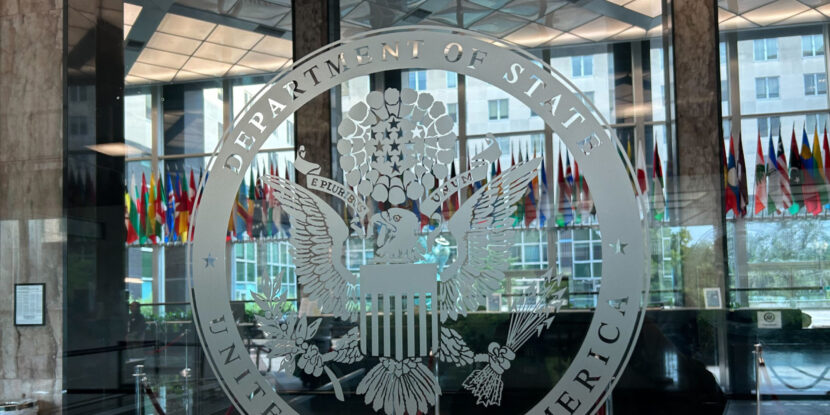❓WHAT HAPPENED: Surveillance footage captured a physical altercation between Black Lives Matter (BLM) Lake County Founder Clyde McLemore and project manager Nyesha A. Hill in Waukegan. Police responded to another fight between the two in January.
👤WHO WAS INVOLVED: Clyde McLemore, founder of Black Lives Matter Lake County, and Nyesha A. Hill, a project manager for the organization.
📍WHEN & WHERE: The incidents occurred in November and January at the Black Lives Matter Resource Center, 668 Lenox Avenue, Waukegan, Illinois.
💬KEY QUOTE: “It’s not fair that I come here and I work and you running around taking care of other things that don’t got nothing to do with Black Lives Matter with Black Lives Matter money.” – Nyesha A. Hill.
🎯IMPACT: Police reports revealed conflicting statements; no arrests were made, but McLemore later obtained an emergency stalking no-contact order against Hill.
Black Lives Matter (BLM) Lake County founder and Executive Director Clyde McLemore and project manager Nyesha A. Hill were recorded on surveillance video fighting inside the group’s Resource Center at 668 Lenox Avenue in Waukegan, Illinois, in November. Police were called to the location again on January 12 for another physical altercation between the two.
The Waukegan Police Department responded after McLemore dialed 911, alleging battery. Body camera footage shows McLemore telling officers that Hill entered his office, demanding money and cigarettes. He said he refused, claiming he had neither, and alleged she attacked him when he would not comply.
Hill disputed that account, accusing McLemore of mishandling funds intended for Black Lives Matter activities and claiming she had not been paid for her work. She told officers, “It’s not fair that I come here and I work and you running around taking care of other things that don’t got nothing to do with Black Lives Matter with Black Lives Matter money.”
Both suffered minor injuries, but neither chose to press charges. Police cited conflicting statements and said there was not enough probable cause to make an arrest. McLemore, who has a prior legal history, later obtained an emergency stalking no-contact order against Hill. Hill, who also has a criminal record, has alleged that McLemore frequently misused organizational funds while failing to compensate her.
Black Lives Matter, founded in 2013 following the acquittal of George Zimmerman in the death of Trayvon Martin, grew into a national movement by 2020, fueling riots that saw the toppling of statues of Christopher Columbus, Confederate generals, and other historical figures in several cities. Recently, some monuments have been restored.
WATCH HERE:
‼️A founder of Black Lives Matter was caught on video beating up a female worker who alleged that he was mishandling money.
In police reports, Nyesha A. Hill told officers that she saw Clyde J. McLemore spend money allocated for Black Lives Matter on other things, including… pic.twitter.com/zLiFSeioLu
— The National Pulse (@TheNatPulse) March 3, 2026
Join Pulse+ to comment below, and receive exclusive e-mail analyses.










